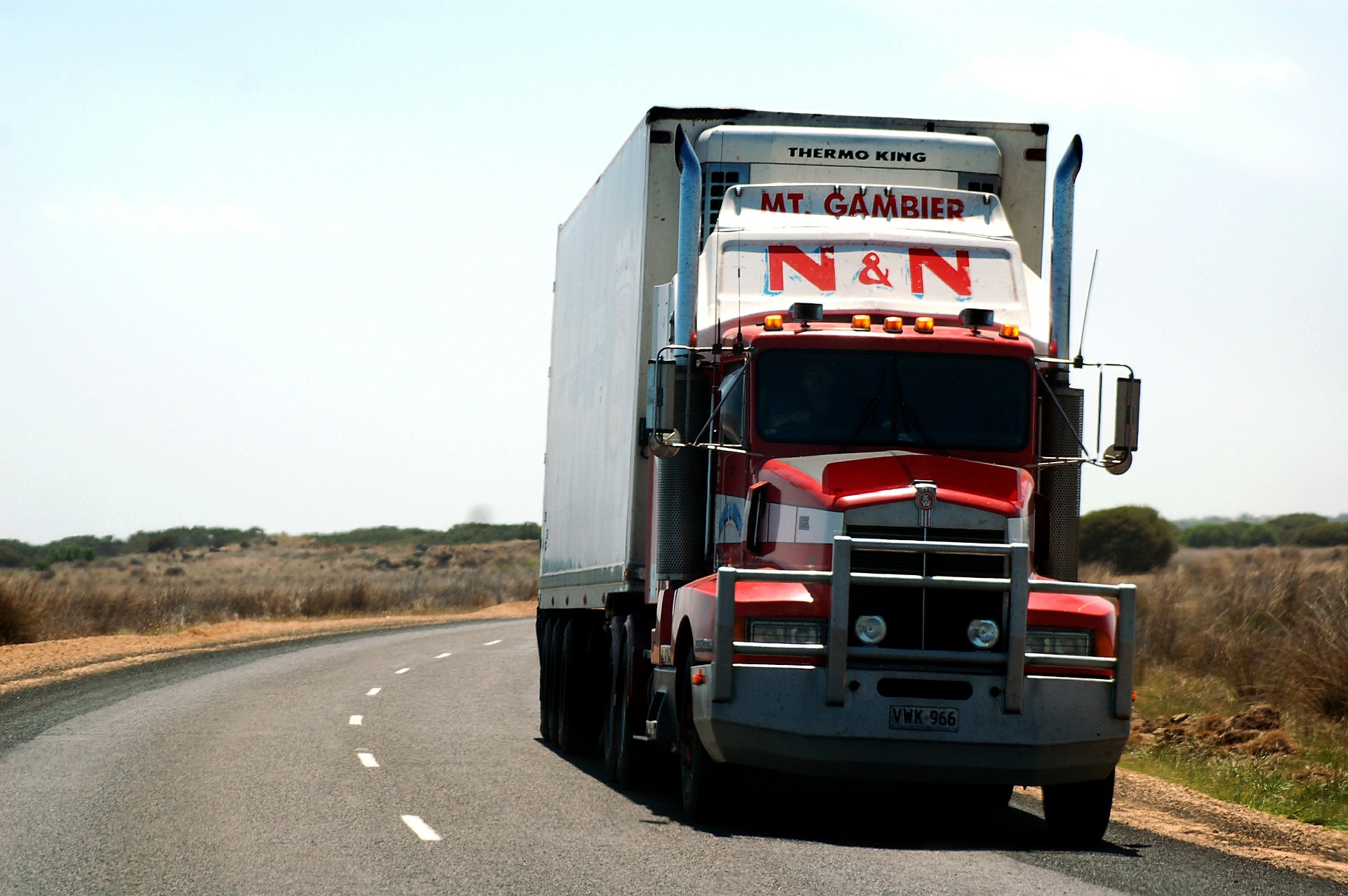From time to time you may run into a drop trailer with one of your
LTL shipments.
A drop trailer is a trailer that is left at a location for an indeterminate
amount of time. It’s “dropped,” and picked up later. Most of the time, a drop
trailer is used at locations that ship or receive often enough to fill up or
unload a full trailer in a week or even a day, depending on production. The
location doesn’t matter as much as the amount of freight that is moving in or
out of the specified location and the agreement in place with each LTL carrier.
Think about it like this: Let’s say you have a shipment going to a warehouse
that multiple manufactures ship to as well. This warehouse has pre-established
relationships with a handful of LTL carriers. In order to save time and money
they will consolidate and reduce traffic flow to their receiving docks by
collaborating with LTL carriers and advise them to only “drop” a trailer at
their location when the LTL carrier has a full trailer. This could potentially
delay your expected delivery date.
There are numerous ways in which the LTL carriers can handle a drop trailer
situation, but the main thing to keep in mind is that your shipment may not
deliver on time due to it being a drop trailer which may also change the way in
which the PODs are received from the consignee. Due to the nature of drop
trailers, PODs are usually handled differently and will almost always take
longer to receive considering the consignee is unloading a full trailer of
shipments from multiple shippers.
Though the use of drop trailers isn’t exactly common, it’s not something to be
afraid of when it comes to your LTL shipments. A little understanding goes a
long way. Here are some things to keep in mind when dealing with drop trailers:
Drop trailers can sometimes lead to delays. Before you panic about delays, remember that the manufacturer is often very aware a drop trailer is being used, and so should the buyer. Don’t be afraid to ask if the shipper or consignee have any drop trailer processes in place so you can educate your customer as well. Most drop trailer situations do not revolve around freight that is time-sensitive. If your freight is on a tight schedule, make sure to use a different carrier.
Not all carriers do drop trailers. Just because one carrier uses a drop trailer at a certain location doesn’t mean that EVERY carrier uses a drop trailer there. Trailers belong to carriers, so if you can’t afford to have a drop trailer on a shipment, simply look at using a different carrier. It may not be the cheapest of the bunch, but there will always be options available.
Stay away from perishables. For obvious reasons, if you’re shipping perishable items, make sure you’re not dealing with drop trailers.

